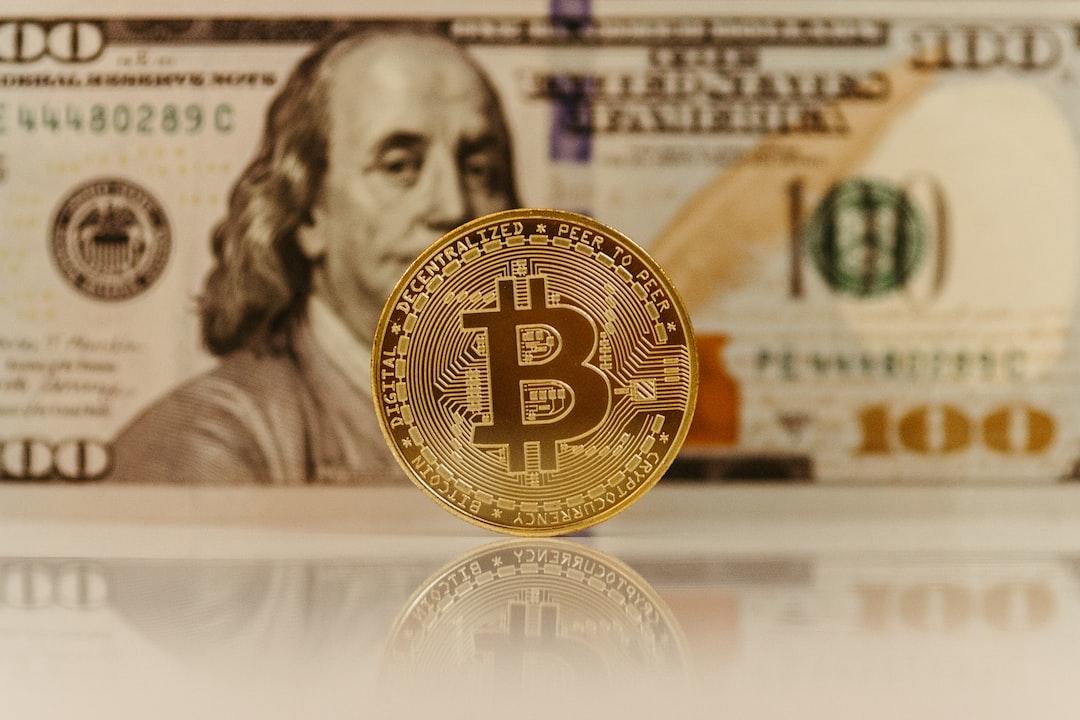Three Major Challenges in Regulating Virtual Currency in Taiwan: Professor Yang Yueping Reveals All Regulatory Issues Exposed by ACE Exchange Incident
Interview on Taiwan’s virtual currency chaos and regulatory status, Yang Yueping, Associate Professor of Law at National Taiwan University, believes that the “ACE Ace Exchange incident can be said to expose all the regulatory issues of domestic virtual assets.”
Against the backdrop of global attention to the approval of the Bitcoin spot ETF in the United States, Taiwan’s currency circle has experienced severe turbulence. Just before the approval of the Bitcoin spot ETF in the United States, the Taiwan virtual currency trading platform Ace Exchange was involved in a major fraud case, which not only shocked the industry but also highlighted the three major challenges facing Taiwan’s virtual asset market.
Toggle
Compliance statement of the company being caught, regulatory vacuum
Regulatory vacuum: the crisis of Taiwan’s virtual asset market
Professor Yang: Operator’s self-disciplinary review of listing has no binding force
Foreign laws evolve rapidly, Taiwan does not even have a generation-specific law
Can regulatory effectiveness keep up?
As one of the top three virtual currency trading platforms in Taiwan, Ace Exchange was originally the first choice for many investors. However, a recent police investigation revealed that the exchange used false advertisements to deceive investors into purchasing worthless virtual currencies, involving an amount of up to NT$1 billion. What is even more shocking is that the well-known lawyer and head of Ace, Wang Chenhuan, was arrested in this case. This is not only the first time in Taiwan that a company with a financial supervisory commission compliance statement is suspected of fraud, but also exposes the deep-rooted problems in Taiwan’s virtual asset market.
Advertisement – Continue reading below




Taiwan’s virtual currency market is facing severe challenges. On the one hand, international regulation of virtual assets is evolving rapidly, such as the approval of the Bitcoin spot ETF in the United States and the adoption of the Markets in Crypto-Assets Regulation (MiCA) by the European Union. Taiwan, on the other hand, is still struggling in a regulatory vacuum.
Associate Professor Yang Yueping of National Taiwan University’s Law Department said, “The ACE Ace Exchange incident can be said to expose all the regulatory issues of domestic virtual assets,” including the fact that the regulation of virtual currency issuers is in a vacuum state, except for security token offerings (STOs) which are subject to regulation, other virtual currencies are not.
Wen Hongjun, CEO of Biyate Technology, believes that if the listing standards of the stock exchange are applied to the ACE Ace Exchange incident, many shortcomings will be found.
Financial officials also stated that the flow of fiat currency is easily controlled by regulation, but once it is converted into virtual currency, it becomes a breakpoint. Traditional financial regulatory methods should be applied to manage issuers, exchanges, and responsible individuals.
Associate Professor Yang Yueping said that the guiding principles published by the Financial Supervisory Commission require self-discipline by industry associations, the establishment of listing review mechanisms, but they do not have strong substantive binding force.
The regulation of Taiwan’s virtual asset market is not only lagging behind, but also lacks targeted legislation to protect investors. The lack of legal regulations allows the market to be filled with risks, and the case of ACE Ace Exchange is just the tip of the iceberg among numerous fraud cases.
(
“Is the ‘Crypto Law’ for the protection of businesses or consumers? Professor Yang Yueping interprets Taiwan’s regulatory path”
)
Experts urge legislation to be enacted as soon as possible to ensure the safety of investors and the healthy development of the market.
(
Taiwan’s virtual currency regulation is tight, FSC Chairman Huang Tianmu: Special law results in September
)
Associate Professor Yang Yueping said that foreign regulations have already discussed the management of virtual assets, but Taiwan is still stuck in anti-money laundering and custody, unable to keep up with the trend. For example, the MiCA framework in Europe already has a complete plan for asset management and advisory.
Foreign laws have iterated multiple versions, but Taiwan doesn’t even have a first-generation specific law, let alone keeping up with international trends.
Taking the Bitcoin spot ETF as an example, domestic operators are not allowed to issue it, which may cause legitimate operators to be unable to operate, but unregulated operators can use the name of Bitcoin funds to raise funds, creating a larger gap in investor protection.
Even if the Financial Supervisory Commission starts conducting financial inspections on virtual asset operators, these efforts are likely to be ineffective without the support of specific laws.
The lesson learned from the ACE Ace Exchange incident is that relying solely on existing anti-money laundering measures is difficult to cover the increasingly complex regulatory requirements for virtual asset transactions. Taiwan needs a more comprehensive and forward-looking virtual asset regulatory strategy to protect the interests of investors and promote the healthy development of the industry.
Taiwan’s virtual asset market is at a critical moment, and the ACE Ace Exchange is not only a warning bell but also an opportunity to make all sectors pay attention to the urgency and importance of virtual asset regulation. As international regulation of virtual assets continues to accelerate, Taiwan needs to keep up to ensure that it does not lag behind global development trends.
ACE
Biyate
Yang Yueping
Wen Hongjun
Ace


Further reading
ACE Case | The prosecutor initiates the third wave of search operations, 6 people released on bail, 8 people transferred to the northern prosecutor’s office for reexamination
Lawyer Wang Chenhuan turns into the head of a fraud group, and the prosecution suspects that funds are related to a Thai lawyer.
